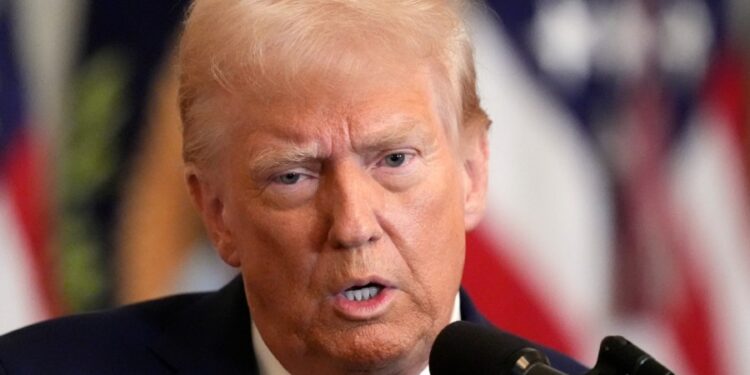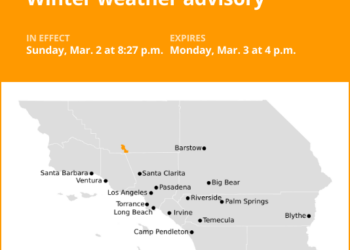
President Trump ripped the Federal Reserve and the man he appointed to lead it Wednesday after the central bank kept interest rates steady.
In a post on Truth Social, the president accused the Fed and Powell of allowing inflation to spiral to four-decade highs in the aftermath of the COVID-19 pandemic and recession.
“Because Jay Powell and the Fed failed to stop the problem they created with Inflation, I will do it by unleashing American Energy production, slashing Regulation, rebalancing International Trade, and reigniting American Manufacturing, but I will do much more than stopping Inflation, I will make our Country financially, and otherwise, powerful again!” Trump wrote.
“If the Fed had spent less time on DEI, gender ideology, “green” energy, and fake climate change, Inflation would never have been a problem. Instead, we suffered from the worst Inflation in the History of our Country!”
Trump, who elevated Powell to Fed chair in 2017, frequently criticized the Fed’s monetary policy during his first term and recently said he knows how to handle interest rates better than the central bank.
As the Fed started cutting interest rates last fall and loosening policy after tightening it in response to the post-pandemic inflation, Trump softened his criticisms of Powell, saying that he’d let him serve out his term.
But Trump turned the heat back up on Powell last week.
“I think I know interest rates much better than they do, and I think I know it certainly much better than the one who’s primarily in charge of making that decision,” Trump told reporters last week, ostensibly referring to Powell.
Powell said during Wednesday’s press conference he’s had “no contact” with Trump, despite his public remarks.
“I’m not going to have any response or comment whatsoever on what the president said. It’s not appropriate for me to do so,” he said. “The public should be confident that we will continue to do our work as we always have, focusing on using our tools to achieve our goals.”
After dropping over the course of 2023 and hovering around 3 percent last year, inflation has once again proven sticky, ticking up to a 2.9 percent annual increase in December from 2.4 percent in September, marking a three-month increase.
Even as short-term interest rates have been falling, long term rates in the bond market have been going up, an unusual divergence that could reflect worries about the deficit or diminishing foreign investment, among other factors.
Tariffs proposed by Trump could weigh on the economy by pushing inflation up if businesses pass their tax bills onto consumers
Updated at 4:54 p.m. EST.







